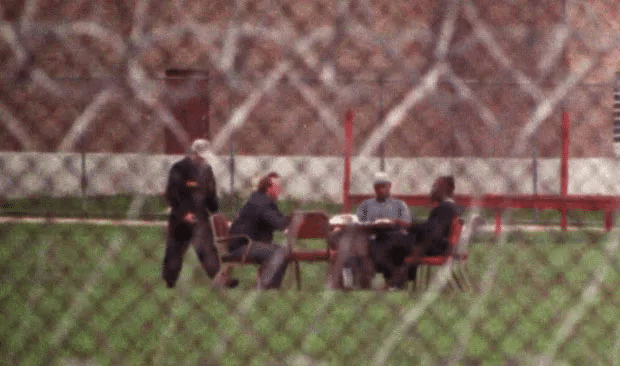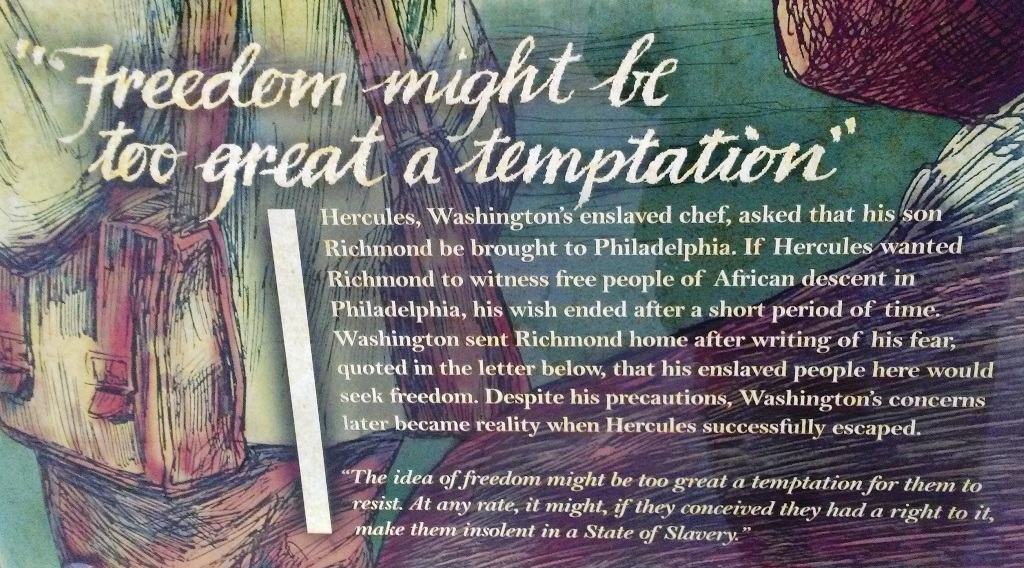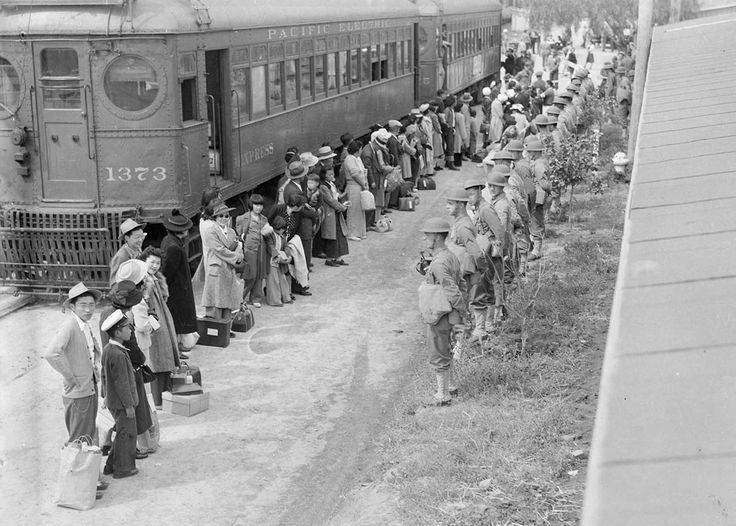In a landmark decision, the Supreme Court ruled that the state did not have jurisdiction over crimes committed on Native reservations, affirming Indigenous treaty rights and sovereignty.
Continue reading
At a rally sponsored by the Massachusetts Anti-Slavery Society, angry and determined abolitionists burned copies of the Fugitive Slave Act and the U.S. Constitution.
Continue reading
Book — Non-fiction. Edited by James Forman, Premal Dharia, and Maria Hawilo. 2024. 496 pages.
Surveys various approaches to confronting the carceral state, exploring bold but practical interventions involving police, prosecutors, public defenders, judges, prisons, and even life after prison.
Continue reading
Teaching Activity. By Adam Sanchez. Rethinking Schools.
A high school social studies teacher describes a classroom simulation where students experience the effects of decades of racist federal housing policies.
Continue reading
Book — Non-fiction. 2025. By Jeanne Theoharis. 400 pages.
Illustrates how King’s time in Boston, New York, Los Angeles, and Chicago — outside Dixie — was at the heart of his campaign for racial justice.
Continue reading
Following a kiss by a 7-year-old white girl, two young Black boys ages 8 and 9 were unlawfully arrested and brutally treated in Monroe, North Carolina.
Continue reading
California enacted the Alien Land Law to bar Asian immigrants from owning or leasing land. These restrictions, and others imposed later, remained in place through both World Wars.
Continue reading
White residents of Indianola, Mississippi, formed the first White Citizens’ Council to organize and carry out massive resistance to racial integration of public schools.
Continue reading
Book — Non-fiction. By Peter Linebaugh and Marcus Rediker. 2013. 448 pages.
A sweeping history of the role of the dispossessed in the making of the modern world.
Continue reading
Book — Non-fiction. By Aran Shetterly. 2024. 480 pages.
Drawing from survivor interviews, court documents, and FBI files, this book details the “Greensboro Massacre.”
Continue reading
Book — Historical fiction. By Marcus Rediker and David Lester, with Paul Buhle. 2024. 176 pages.
This book imagines outlaw fugitive John Gwin and an eclectic crew of renegades as they attempt to disrupt and overthrow the colonial social order.
Continue reading
A purported conspiracy of the enslaved in New York City led to multiple fires and arsons followed by mass jailings, trials, and eventual executions of many involved.
Continue reading
On June 8, 1966, protesters with the Action Coordinating Committee to End Segregation in the…
Continue reading
Book — Non-fiction. By Monica Edinger and Lesley Younge. 2023. 216 pages.
The story of Olaudah Equiano, from his childhood in Africa to his capture, enslavement, and eventual liberation.
Continue reading
In the case of Buchanan v. Warley, the Supreme Court declared segregated housing to be unconstitutional.
Continue reading
Book — Non-fiction. By Michael R. Fischbach. 2018. 296 pages.
Explores the connections between organizers of the Black Freedom Struggle and those struggling for Palestinian autonomy.
Continue reading
In one of the longest prison uprisings in U.S. history, incarcerated men at Ohio’s Lucasville prison launched an uprising that last for 11 days.
Continue reading
A white mob dragged Black prisoner Bragg Williams from his jail cell and burned him at the stake in one of many acts of white supremacist violence in 1919 and beyond.
Continue reading
A national day of awareness for Missing and Murdered Indigenous Women and Girls and 2SLGBTQI+ people (MMIWG2S).
Continue reading
Book — Historical fiction. By Jewell Parker Rhodes. 2025. 208 pages.
A chapter book on the experience of a late 19th century era Black family participating in the Oklahoma Land Rush.
Continue reading
Book — Non-fiction. By John Swanson Jacobs. 2024. 288 pages.
A first-person narrative of the enslaved, lost for 169 years, now reproduced in full.
Continue reading
The first free school south of the Mason-Dixon Line was established in Parkersburg, West Virginia, during the Civil War.
Continue reading
Book — Non-fiction. By Eve L. Ewing. 2025. 400 pages.
An examination of how the U.S. school system helps maintain racial inequality and social hierarchies.
Continue reading
Hercules, the head cook at George Washington’s Mount Vernon estate and slave labor camp, escaped to freedom in Pennsylvania.
Continue reading
Executive Order 9066 issued by President Roosevelt authorized the incarceration (internment) of U.S. citizens of Japanese descent.
Continue reading

























